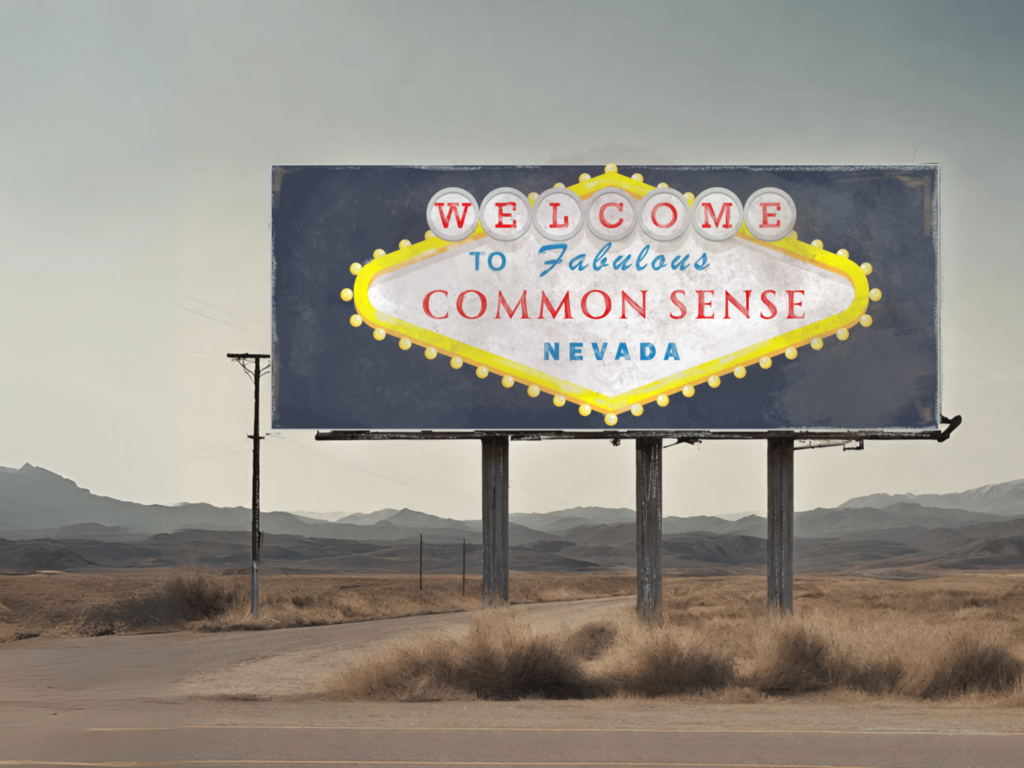
What was once regarded as straightforward and logical evolves as society’s understanding and knowledge expand. Today, our notion of common sense is not confined to the wisdom of the past; it also incorporates recent scientific and social advancements.
The Evolution of Common Sense with Knowledge
Common sense is not static; it evolves alongside our collective knowledge.
For example, consider the issue of global warming. In the past, it was common sense to burn fossil fuels for energy, as it was practical and affordable. However, as scientific knowledge has confirmed its negative effects on the environment, it is now common sense to support cleaner and more sustainable energy sources.
Past concepts of common sense include many examples that we would consider completely outrageous today.
In medieval times, it was generally believed that all celestial bodies, including the sun and the stars, revolved around the Earth. We saw the heavens move and presumed that we were the center of the universe. This earth-centric view of the cosmos was considered common sense until Nicolaus Copernicus and later Galileo challenged this belief with the heliocentric model.
Smoking was once viewed as a harmless pastime and even endorsed by doctors. As medical research demonstrated its harmful effects, it slowly became common sense to avoid smoking for the sake of one’s health.
In the past, women were regarded as the weaker sex. The belief that particular roles and professions were exclusively meant for men or women was once accepted as common sense.
Despite the different and evolving views that make up each person’s reservoir of common sense, we still cling to it as an almost infallible method of deciding. In a fast-paced world, it is an efficient and accessible way of choosing paths, based on experience and intuition.
When I think of common sense my mind goes to politics. These days I see this as an area of enormous instability at a time when we really need unity and steadiness.
The political arena is where we choose the representatives, who will be there to work for us. They are hired to serve as managers of our towns and cities, our provinces or states, and our countries.
These days though, politics is becoming the choice career of the largely self-serving. Voters are being manipulated by predatory social media algorithms. Campaigns waged on social media often prefer catchy influencer-style content over clear political plans that tell voters what a politician plans to do if elected.
Why Common Sense Is Not So Common Anymore
The proliferation of social media has had a huge impact on the emphasis of common sense in many areas of life including politics. The sheer deluge of information and disinformation has made it difficult for individuals to discern fact from fiction.
Furthermore, deliberate polarization has fragmented the political landscape, making it challenging to find common ground. What one group considers common sense, another group may vehemently reject. The erosion of common ground and shared experiences is a significant reason why common sense is no longer as common in politics.
Politicians and the Endorsement of Common Sense
Politicians often resort to endorsing “common sense” as a rhetorical strategy. Rhetoric means:
- The art of using language, especially public speaking, as a means to persuade.
- Meaningless language with an exaggerated style intended to impress.
We have grown to expect that political discourse will provide some entertainment and we tend to discount a percentage of rhetoric as necessary to “whip up the masses”. But platitudes like “common sense” are used when politicians lack a comprehensive platform or wish to connect with the general and less informed public. Common sense carries an air of simplicity and relatability. It is a way for politicians to seem in touch with the concerns of the common people. However, this approach can oversimplify complex issues to the point where they are unclear or even mask the absence of a concrete policy agenda.
When it comes to spreading the word, common-sense messaging is often condensed into catchy sound bites that are easily remembered and shared. Snappy phrases like “powerful paycheques” and “costly coalition” stick – even though they have no defined meaning. They help politicians gain media attention and make their message go viral.
It’s important to note that while common-sense rhetoric can be effective in the short term, it may not lead to effective governance or meaningful solutions to complex problems. Voters need to ask questions and examine a politician’s specific policy proposals and track record to assess the substance behind the common-sense branding.
I don’t vote for someone because they tell me it’s “common sense” to do so. I use my common sense and I vote for them when they can prove that they have a common sense strategy.









